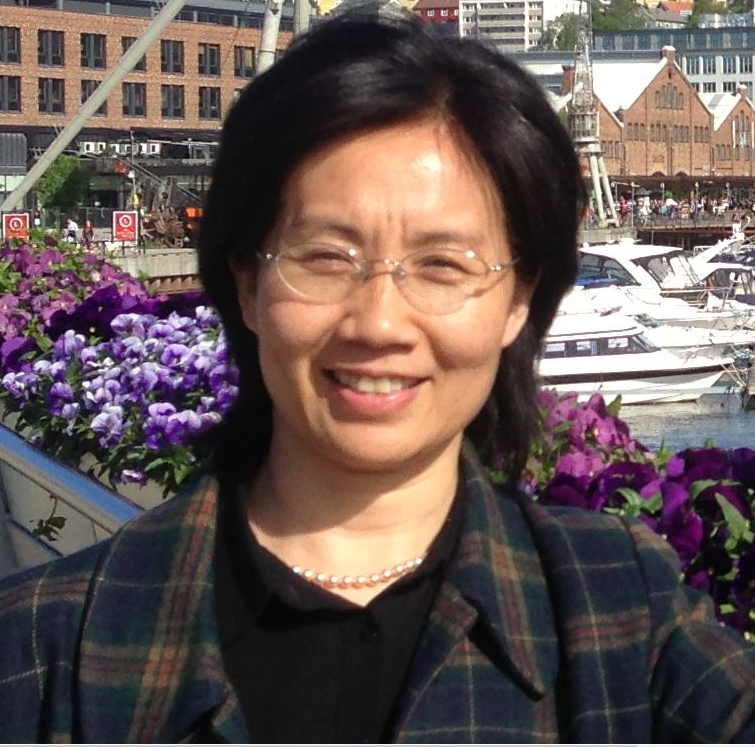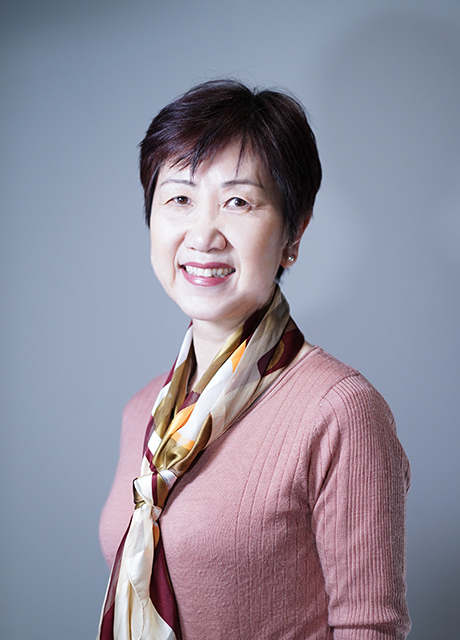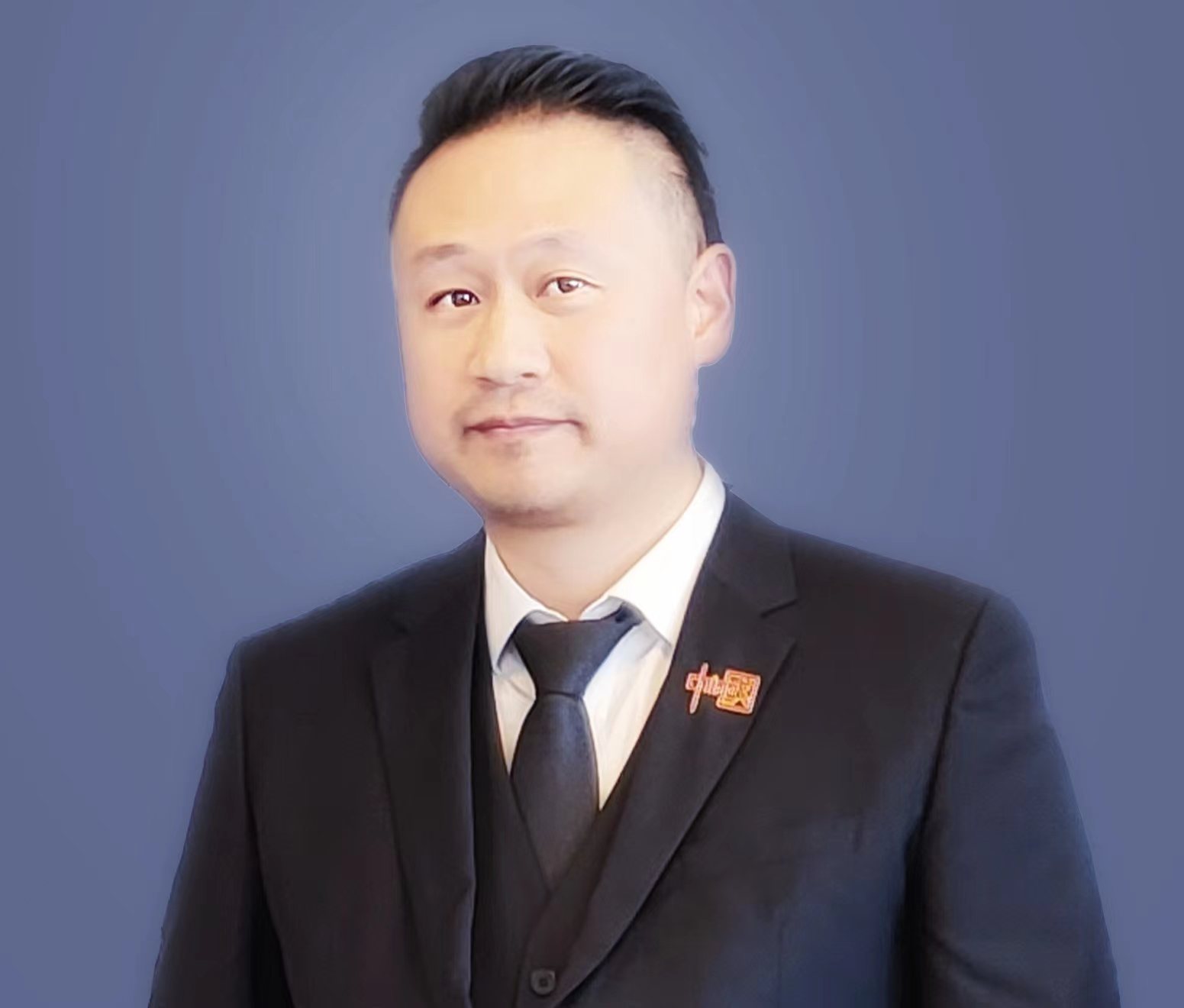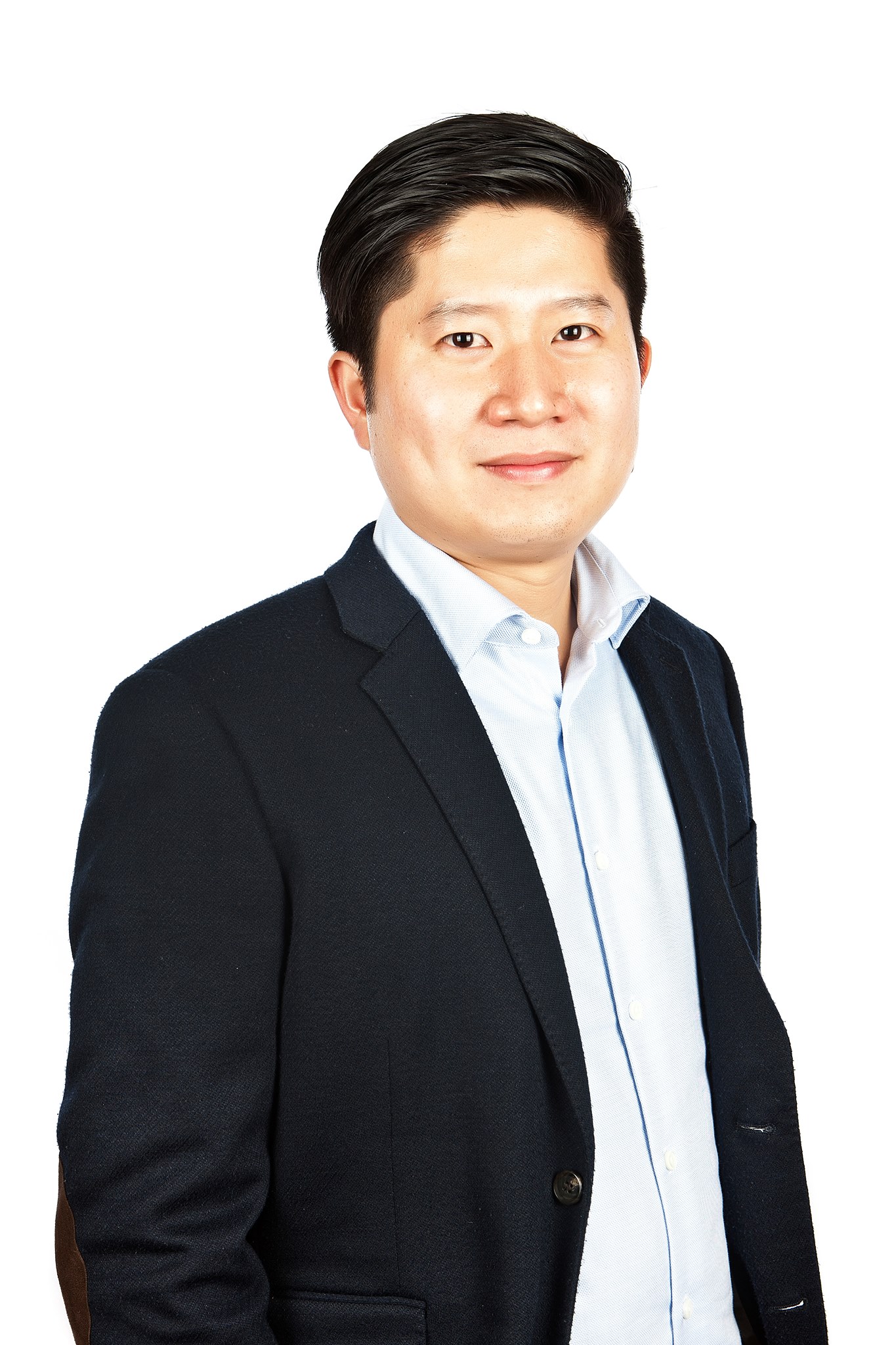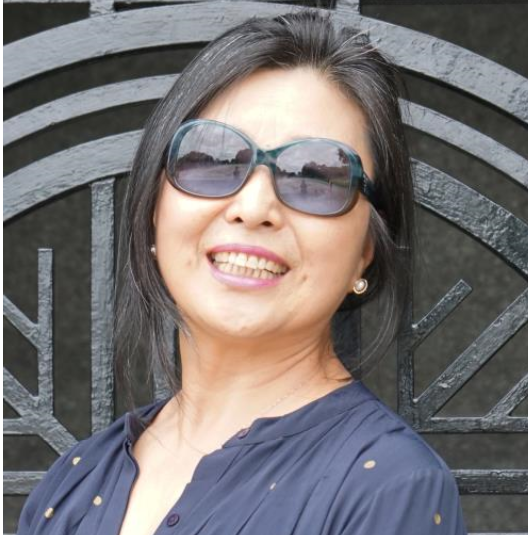Brief info of CPN
Chinese Professionals in Norway (CPN, 中国旅挪专家学者联合会 in Chinese) was founded and registered in Norway, October 2003 as a professional, non-governmental, non-profit and non-political organization. The objectives of CPN are to strengthen the interaction between Chinese professionals living in Norway and to promote collaboration between China and Norway in the fields of science, technology, culture, and business. In addition, CPN has run 'Competence Centre for Immigrants' between 2010-2017, a project financed by The Directorate of Integration and Diversity (IMDi), to increase the competence building regarding to innovation and entrepreneurship for Start-ups who have immigrant's backgrounds through workshop and seminars. CPN will organize the Sino-Nordic High-Tech Summit, 24th September 2019, during the Innovation Week of Oslo.
Members of CPN encompass people of Chinese heritage who live in Norway and have a minimum of college education. CPN has over 800 members, among those about 1/4 hold a PhD degree, and more than 70% hold a master's degree. According to the Statistical Central Bureau of Norway, the members of CPN have the highest education level among all immigrants' organizations in Norway. The background of the CPN members covers natural science, social science, medical science, humanism, engineering, music, art and architecture. Four of the CPN members were awarded the 'Top 10 immigrants' prize in 2005 and 2008, 2009, 2011 respectively.
Using its member specialists, CPN regularly holds academic seminars to its members and publics and has provided consultancy to several governmental Norway-China projects, CPN has also received numerous delegations from different provinces of China. With expertise in consulting, training, project/partner matching and human resources, CPN aims to provide its excellent service to collaborators both in Norway and China.
CPN Board
The Constitution of CPN
Latest revision (October 2022)
- Constitution of Chinese Professionals in Norway (PDF file, ~106kB)
- Constitution of Chinese Professionals in Norway (Word file, ~22kB)
The Constitution of Chinese Professionals in Norway
(Revised at 2022 Annual Conference, Oslo, 25th September)
1. Name of Organization
The name of the organization is "Chinese Professionals in Norway", hereafter referred to as CPN. CPN is officially registered in Norway as a non-profit organization. Its Chinese name is ZhongGuo LuNuo ZhuanJia XueZhe LianHeHui (中国旅挪专家学者联合会,Zhōngguó lǚ nuó zhuānjiā xuézhě liánhé huì).
2. Vision of CPN
The establishment of the association aims to achieve the following objectives:
1). To provide a social networking platform and enhance communication among Chinese living in Norway and facilitate fellow members’ career advancement and academic achievement
2). To promote mutual understanding and friendship between people of Norway and China and to promote Chinese tradition and culture in Norway.
3). To enhance communications and cooperation between Norway and China in areas such as: culture and education, business and economy, science and technology, social development, etc.
4). To provide consulting services for relevant organizations and enterprises in China and Norway.
5). To promote cultural diversity and encourage active integration of the immigrants into the Norwegian society based on the abiding Norwegian laws and regulations.
3. Organization of CPN
3.1 Organizational Structure
CPN is a membership-based organization led and run by a CPN board. The annual member conference is the highest authority of CPN, and CPN board members are elected biannually by CPN members in the annual member conference (Every other member conference).
3.2 Principle of CPN
1). CPN follows the principles of autonomy and democracy.
2). All important decisions shall be taken with the approval of majority in CPN board. In addition, an accountant is assigned to manage all financial activities including the membership fees and cost of the activities, projects, and sponsorship.
3). CPN has its own logo for official use in all communications in both China and Norway.
4). Information will be published on CPN website, https://www.cpn2003.no/. A mailing list is available for communications among CPN members.
3.3 CPN board
The CPN Board is the main administrative and executive body of CPN. The main responsibilities of the CPN board are:
1). To organize various activities for members in accordance with CPN’s visions.
2). To be in charge of general management of CPN.
3). To apply for financial funding from public and private sectors and to accomplish the projects for CPN.
4). To supervise and administrate CPN's activities by:
- Approving work programs and budgets and evaluating the results from the work accomplished;
- Ensuring necessary reporting and accounting procedures.
3.4 Composition of CPN Board
CPN board consists of 7-9 members by following functions:
* One president
* Vice president/Program manager
* Vice president for public relations
* Vice president for technology and innovation
* Vice presidents for culture and sports
* Vice president for academic affairs
* Vice presidents for member management/HR
CPN board members are elected biannually by CPN members in the annual meeting (Every other annual meeting). All CPN members have the right to become the candidate as a board member. The president is elected from and by the CPN board members at the first meeting of the new board. The president is responsible for assigning deputies, and the work assignments of the board members. The Board has the right to assign a board member when a current member resigns due to any reason.
4. Qualification of Membership
CPN is open for all people with Chinese origin who have received/are receiving higher education in China or abroad currently pursuing further studies, working or living in Norway.
4.1 Category of Membership
CPN welcomes people qualified for membership from different regions in Norway under one of the following three categories of memberships:
1). Individual membership for a personal member.
2). Group membership for a group or an organization. Local organizations in different regions can join and participate CPN activities, while the membership fees will be managed by the local organizations.
3). Honorary membership for those who are invited by CPN board.
4). Special membership for individuals of non-Chinese origin who have a strong tie to CPN or China. To be approved by the CPN board on a case-by-case basis.
4.2 Duty of Member
Members should perform the following duties:
1). Filling in a membership form (either in on-line format or paper format) to formally register in CPN.
2). Paying an annual membership fee.
3). Advancing proposals to CPN board.
4). Abiding regulations of CPN and actively supporting the operation of CPN to improve CPN management.
4.3 Right of Member
Members enjoy the following rights and benefits:
1). Attending CPN gatherings and activities.
2). Exercising suffrage and vote. All members have the right to elect and to be elected as CPN board members.
3). Terminating the membership at anytime and anywhere.
4). Sharing information with others e.g., via posting to CPN's mailing list.
5). Sharing information via a WeChat group for informal communications among members.
4.4 Membership Fee
1). 250 NOK for a regular individual membership. Student membership fee is 125 NOK.
2). CPN welcomes private and organizational contribution and sponsorship. Group membership fee is 4000 NOK.
3). All membership fee and financial support received from different sources will be used on members and CPN activities.
5. Annual Conference
5.1 The Member Conference should perform the following functions:
1). Hearing, examining and approving annual reports.
2). Hearing, examining and approving budget plan for next year, and activity plan.
3). Making decisions on new and important initiatives by CPN.
4). Electing CPN board members with two years serving term.
5). Reviewing and modifying constitution of CPN.
5.2 Decisions should be reached by 2/3 majority ballot among the attending members.
6. Validation of the Constitution
6.1 The terms of the constitution will be amended according to the state laws and regulations whenever they are in conflict.
6.2 This constitution will come into effect after being passed at the annual member conference.
2015 revision (Sept 2015)
- Constitution of Chinese Professionals in Norway (PDF file, ~97kB)
- Constitution of Chinese Professionals in Norway (Word file, ~21kB)

